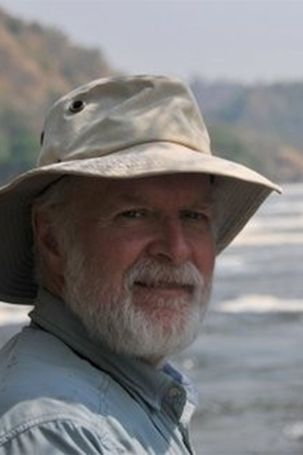by David Hoekema
The last few weeks have been stressful, for me and all my colleagues, with piles of papers and worries about whether Calvin College’s eminence in Christian liberal arts will survive the budget pressures bearing down on the college. But the last student to finish my Phil 153 exam today added a short note at the end of his exam that reminded me of what drew me into this vocation and what sustains me after many decades:
“Prof Hoek — This class has been a joy like no other. I can’t properly express what it has meant to me. I am motivated to continue this sort of study, to keep asking these questions. Thanks! As a friend, J——”
That helps make up for the sullen young men who glowered at me from the back row all semester, when they bothered to come to class, aiming to do just enough cramming before tests (mostly from Sparks notes, probably) to get a passing grade. For some reason the women students who hate philosophy usually pretend to be interested, but the men don’t bother. In a class of 30-35 there always seem to be one or two of those.
And yet, not to end on a sour note, I’ve also had three or four conversations in the past week with students who said, “I really dreaded this class and I didn’t think I would like philosophy at all, but when I read [Augustine, or Kierkegaard, or Simone Weil–even Descartes in one case] it helped me answer some questions that have been bugging me since junior high. Now I understand myself and my faith and my life more clearly.” That’s a paraphrase, not a direct quotation, but it’s pretty close.
David Hoekema teaches philosophy at Calvin College in Grand Rapids, Michigan.

